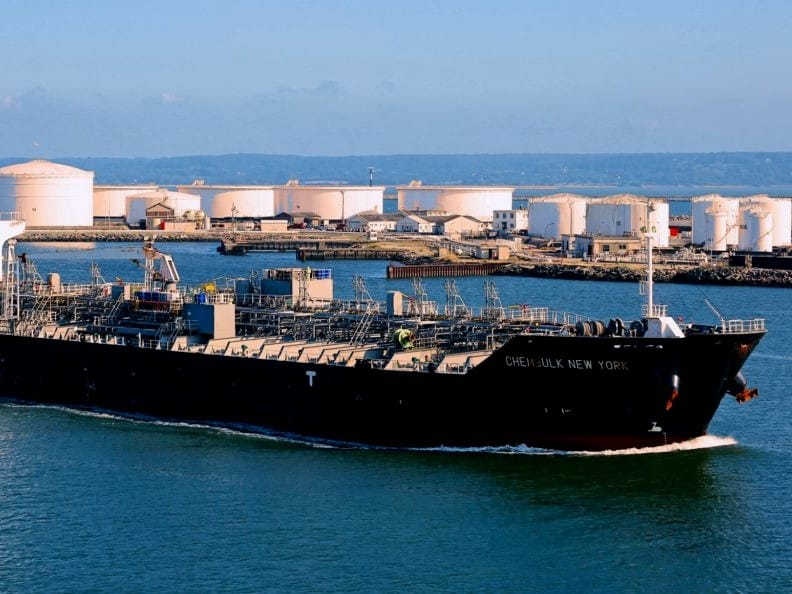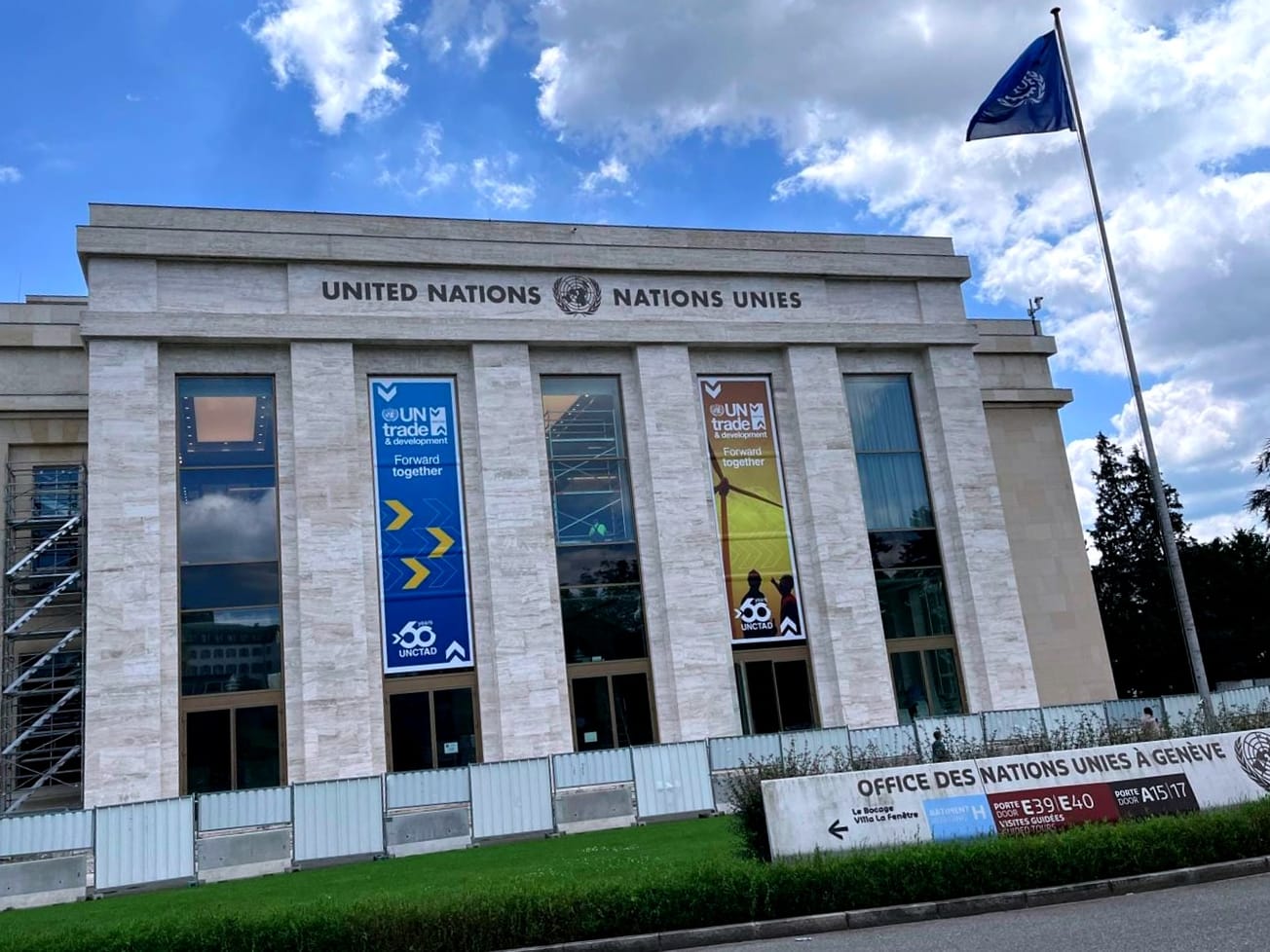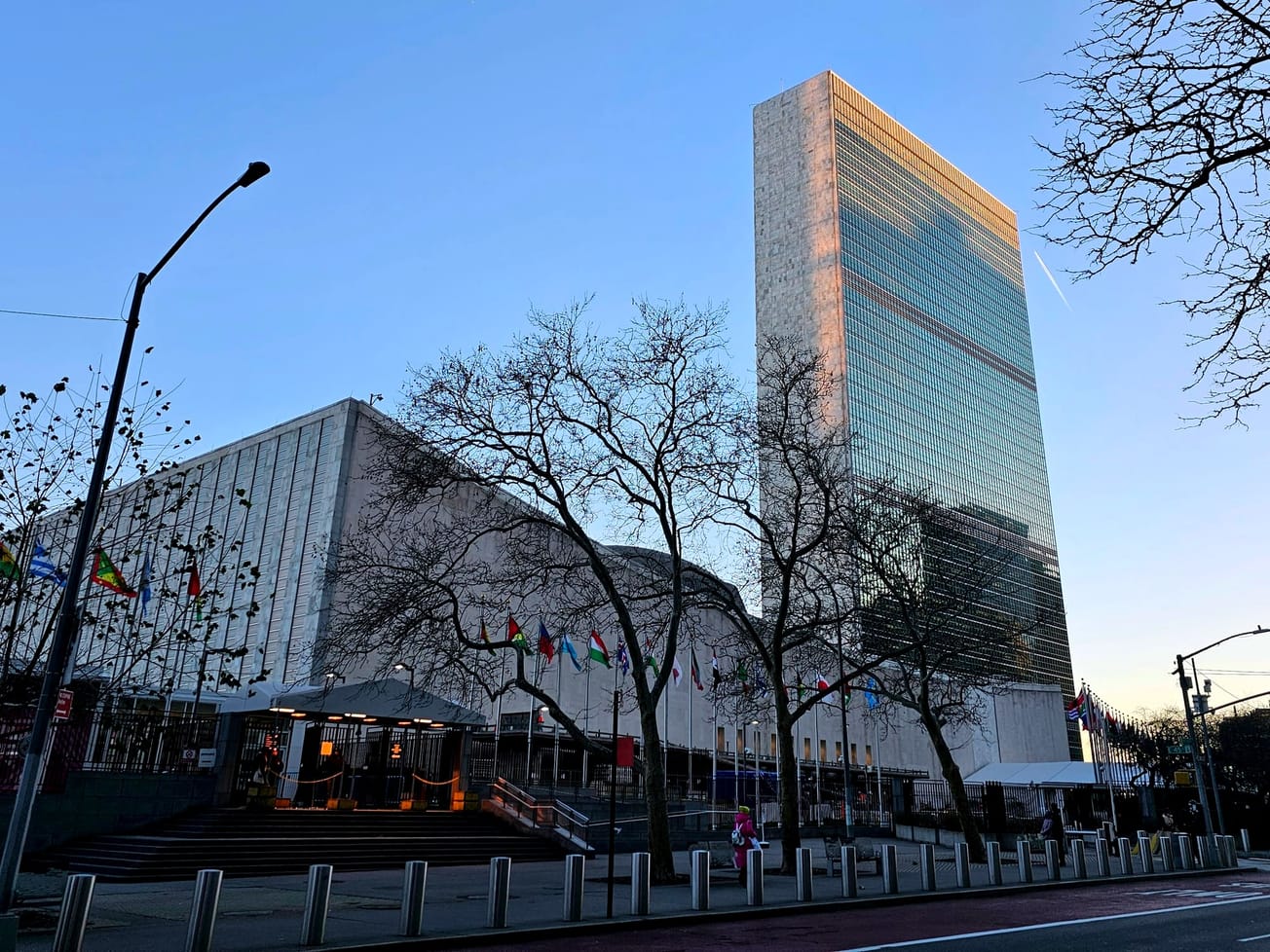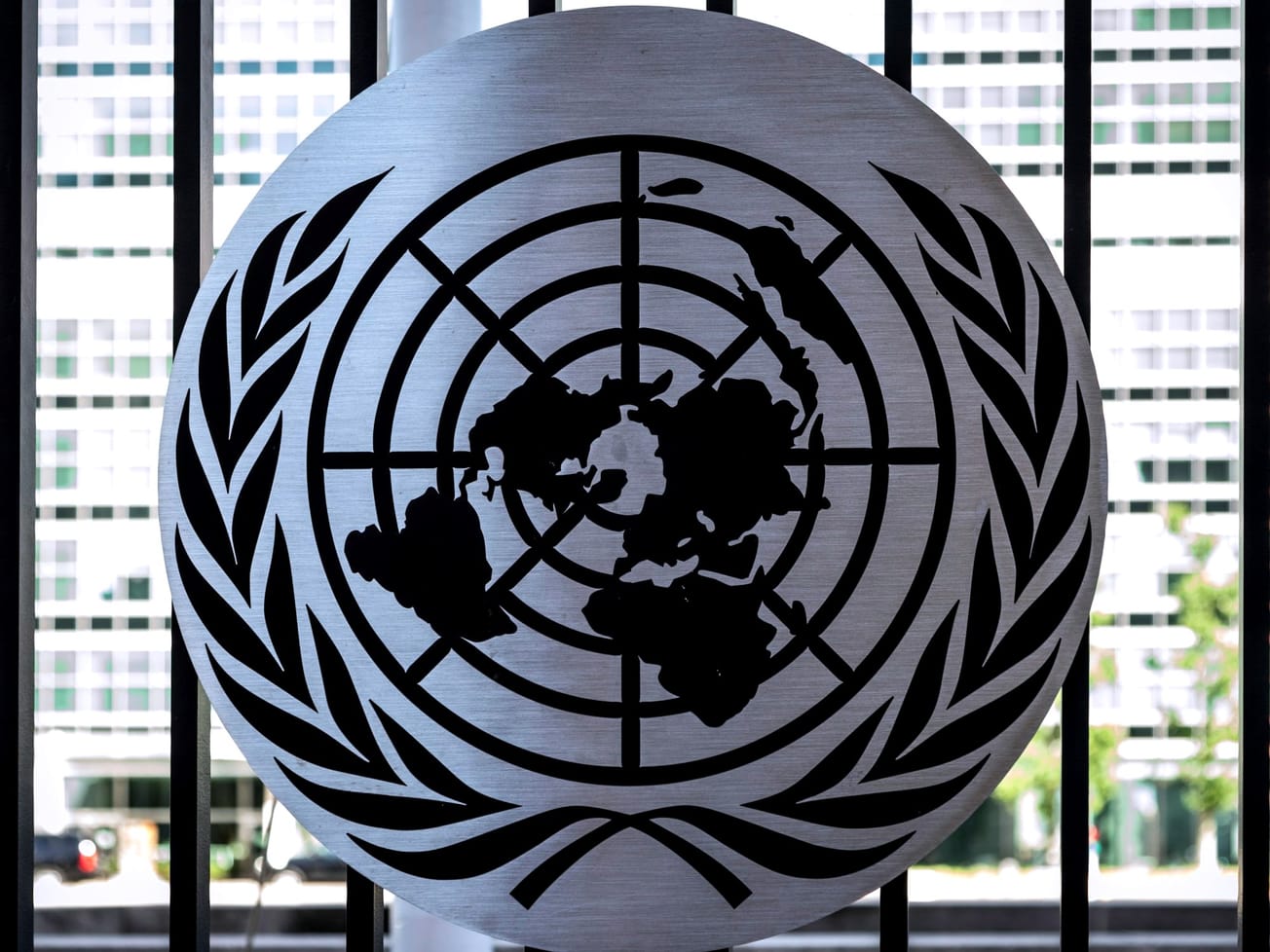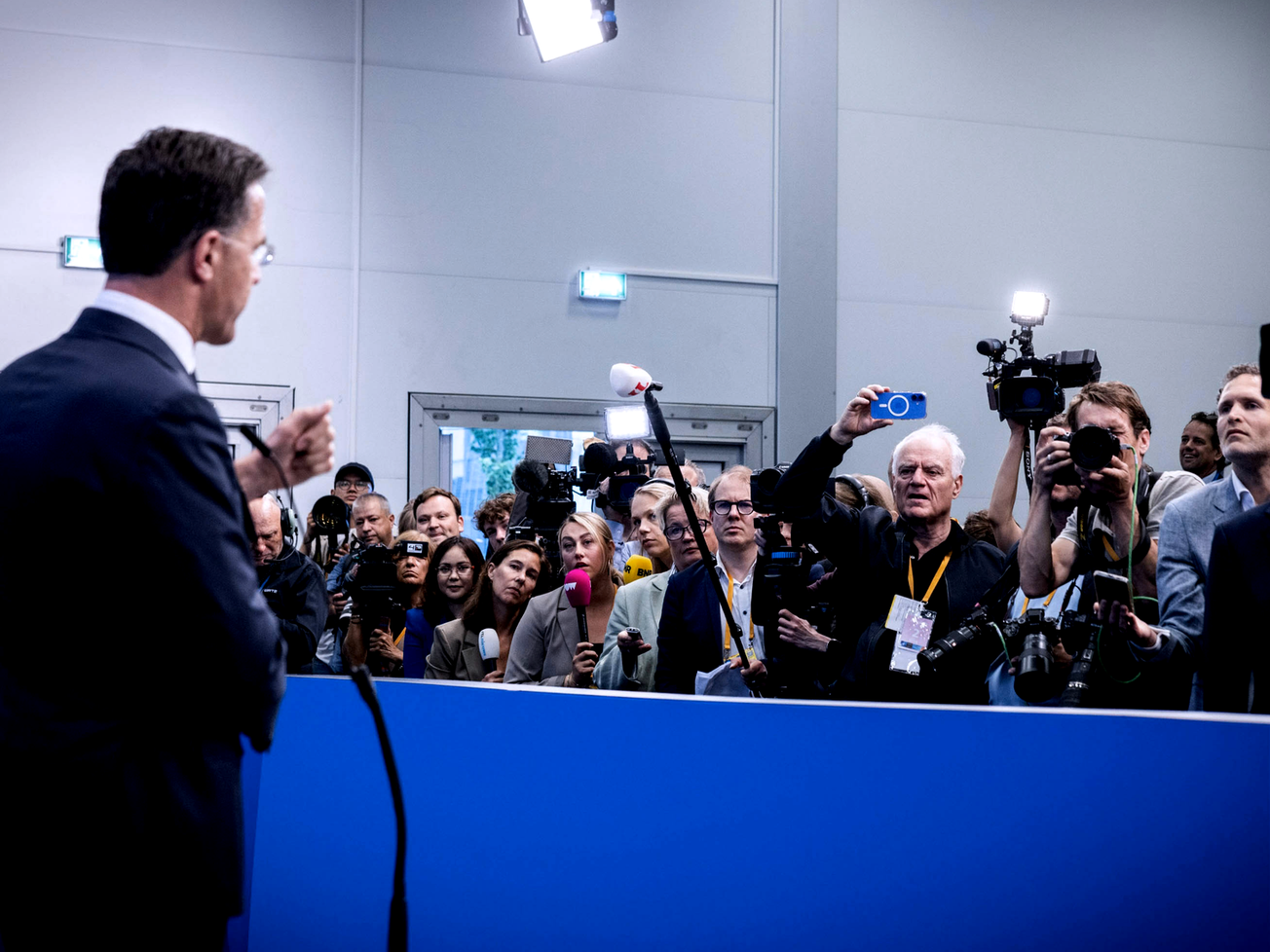WASHINGTON (AN) — Global oil markets remain well-supplied and companies have enough reserves to meet world demand for more than a month despite attacks on Saudi Arabia’s oil production, the International Energy Agency said.
The Paris-based international organization reported on Wednesday that its 30 member nations and oil companies have plentiful reserves even after the Saudi kingdom lost half of its production capacity following attacks by apparent drones and missiles on the processing facilities of its state-run oil giant Aramco in Abqaiq.

